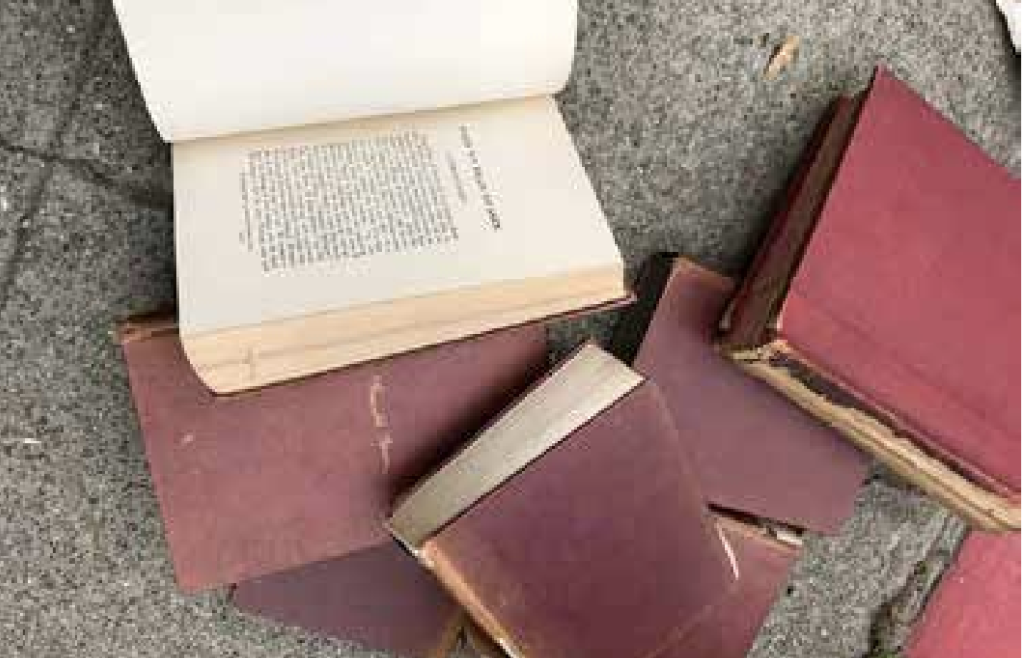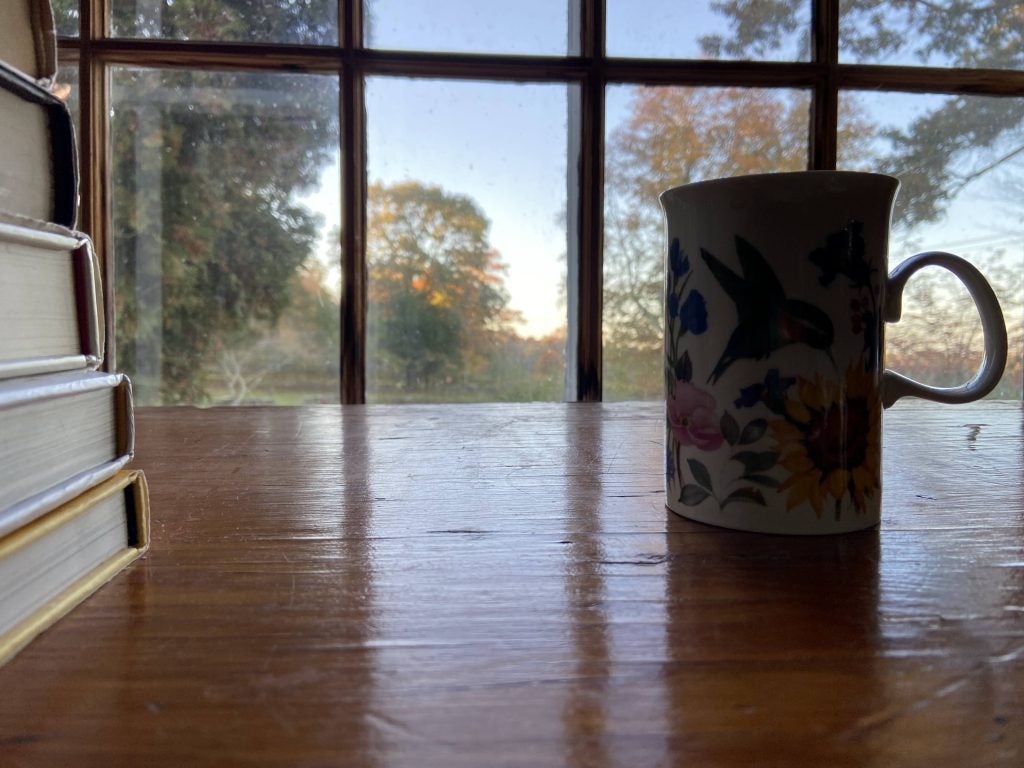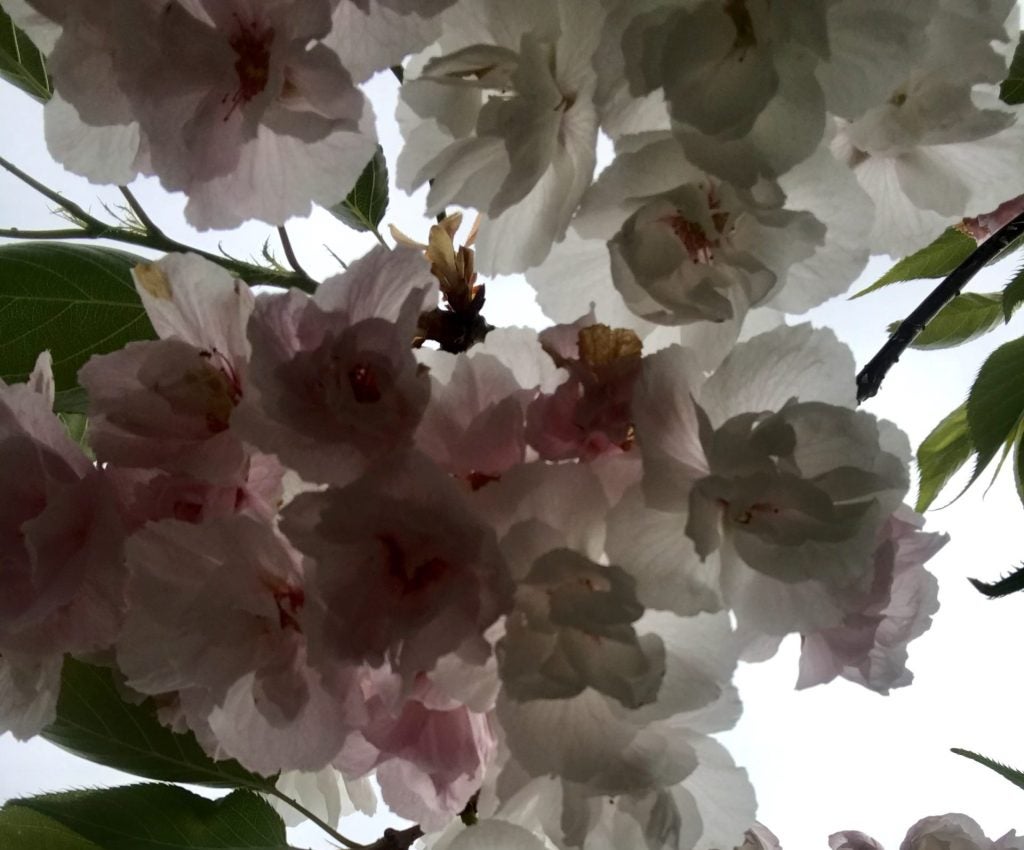
She will not awaken, will not come back to life. I thought that I could carry on, would carry on her legacy. I knew I would never be half the lawyer, half the teacher she was, but I thought I could carry on, keep her memory alive. I would ask the same questions, meet the same silences, get the same look that conveyed a deadly warning. But what was her death if I did not ask? What was my freedom if I did not question?… – Dr. Persis Kari
These lines are an excerpt from the poem “When We Dead Awaken,” written by Dr. Persis Karim in memory of Iraqi academics Muneer al-Khiero and his wife Leila al-Saad. The couple worked together at Mosul University’s College of Law—Dr. Al-Saad as Dean and Dr. Al-Khiero as a lecturer. On June 21, 2004, both were found dead in their home in the Dandan neighborhood, South of Mosul. The pan-Arab newspaper Asharq Al- Awsat quoted a police official as saying that the killings were not motivated by theft, as large sums of money were found, untouched, in the couple’s home.* Instead, Al-Saad and Al-Khiero were likely the victims of targeted assassinations, placing them among the hundreds of Iraqi academics and educators brutally killed in the decade following the U.S.-led invasion and occupation of the country. Although the exact number is not known, the Brussels Tribunal verified and published the names and details of the deaths of over 400 Iraqi academics who were killed—more than half at point-blank by firearms, while others were kidnapped, including some by security forces and died in detention.
Karim’s poem commemorating the couple is part of the project “Shadow and Light,” an on-going project to set up exhibitions of photographs and artists’ statements honoring the hundreds of Iraqi academics and educators brutally killed in the decade following the U.S.-led invasion and occupation of the country. “Shadow and Light” was founded in 2018 by poet and San Francisco-based activist Beau Beausoleil, who sees the project as one of “witness, memory, and solidarity.” “During their lifetimes, the men and women memorialized in this exhibit enriched diverse fields of knowledge —from history to calligraphy to the study of bees,” said Beausoleil. “Each assassination represented an attack on the underlying principle of education—to share knowledge—and served as a threat to scholars throughout Iraq that they were at risk.”

For the project, writers and artists reach out to Beausoleil to select an Iraqi scholar to honor, using a list of names compiled by a Spanish NGO. They then photograph a scene, devoid of people or animals, and write a reflection on the image and the person they are commemorating. Like many of the contributors reflecting on the lives of the slain academics, Karim did not know much about the personal lives of Al-Saad or Al-Khiero, but as a poet and professor of comparative and world literature at San Francisco State University, she shared their passion for education and knowledge. CCAS Professor Rochelle Davis, whose work has for many years focused on Iraq, was also a contributor to “Shadow and Light.” She chose to write her reflection on Dr. Aiad Ibrahem Mohamed Al-Jebory, a former neurosurgeon at Tikrit University, an institution with which Davis has been working on a grant project to help develop the university’s research program.
Thus far, 57 Iraqi academics have been commemorated by a community of writers, poets and artists from across the globe. As many of the artist statements are written in English, Davis felt it was important to think about how the growing collection of narratives and images could be communicated back to Iraqis. With support from Beausoleil, Davis began working with a team of research assistants to translate the artist statements into Arabic over a several month period. The team included three MAAS students—Noor AlShaikh, Hoda al-Haddad, and myself—as well as CCAS Professor Dr. Mohammad al Ahmad. We translated approximately 60 statements, which were then reviewed by Professor Al Ahmad to ensure the Arabic was correct. The Arabic translations will be included in future exhibitions of “Shadow and Light” alongside the English.
Translating different forms of poetry and prose was challenging, as many of the statements are deeply personal and carry complex meanings of human connection. AlShaikh, a native Arabic speaker, shared that she found herself asking, “How can I transform a poem in a language that I know, yet I do not have a strong emotional connection to, into Arabic?” Through her work on the project, she realized that translation is a creative process that entails reproducing not just the words, but also the meaning in a piece of writing. For al-Haddad, working with the words by and about others created a sense of connection. “I felt that the authors of these letters, the people to whom the letter is written in the memory of, and I have traveled together through time and space,” said al-Haddad. “In some way we all exist outside of our physical forms from the moment the words are written.”

Focusing on the lives and deaths of these slain individuals was a somber process as well. “I tried to put aside my own emotions,” said Prof. Al Ahmad, “in order to produce Arabic texts that communicate the authors’ feelings and words about these departed souls.” He asked that readers forgive any errors in translation “as our minds were preoccupied, and remain so, with these souls suspended in the Iraqi heavens.” As my role included fact-checking the translated texts using Arabic news outlets and social media posts, I had to look up the name of every one of these assassinated scholars. The list is long indeed, and it saddened and disheartened me. Yet reading the warm words of their colleagues, students and family members, along with the statements and poems produced by the artists, I also felt deeply motivated and a little uplifted. As a way to honor these individuals, I decided to say their names out loud even when I was alone working from my office with no one there.
Selected writings and photographs from the “Shadow and Light” project have been part of both physical installations and virtual exhibitions hosted at universities across the country, including UC Santa Barbara, University of Michigan, University of Illinois, the University of Pennsylvania, as well as the Liverpool Arab Arts Festival. Much more than a collection of art and poetry, the reflections included in the “Shadow and Light” serve as an archive and remembrance of Iraqi scholars whose lives were cut short by violence. In the words of Professor. Davis, “they remind us that these professors taught students, conducted research, and wrote books that advanced human knowledge. They also invite us to remember them and honor their lives.” The “Shadow and Light” project also serves as a history and demonstration of international solidarity with the people of Iraq, through the global network of poets, artists, academics, and translators who have reflected on the lives and contributions of these individuals. We hope that our translations will contribute to this effort.
*See https://archive.aawsat.com/details.sp?issueno=9165&article =240953
Besan Jaber, a second generation Palestinian from Jordan, just completed her first year in the MAAS program.
Learn more about the “Shadow and Light” project and watch a video with its founder, Beau Beausoleil, and several contributors, including Prof. Rochelle Davis
This article was part of the 2023 Spring/Summer CCAS Newsmagazine.